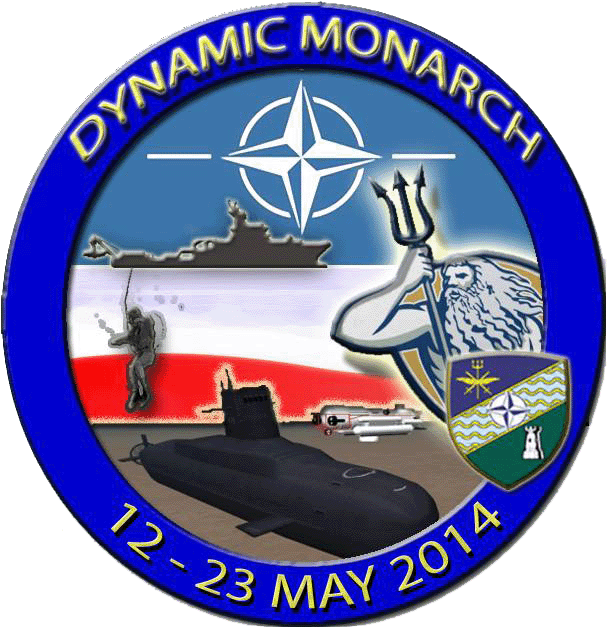
GDYNIA, Poland – Ships, submarines, aircraft, participating personnel and observers from 18 Allied and non-NATO nations are converging on Gdynia on the Baltic Sea for the NATO submarine rescue exercise DYNAMIC MONARCH 2014, which will run from May 12-23 in the waters off Gdynia.
The world’s largest submarine rescue exercise, which occurs every three years, is designed to test international forces’ interoperability and ability to respond to submarines that have become disabled, anywhere in the world, utilizing the International Submarine Escape and Rescue Liaison Office (ISMERLO) and emergency response procedures and equipment.
Given that worldwide more than 40 navies operate submarines, compatibility of equipment interfaces between vessels and standardization of procedures used in submarine rescue are critical to the successful and safe recovery of submarine personnel from a disabled submarine.
“These systems and processes are not exclusive to NATO and are designed to work with any submarine that meets the international rescue interface standards regardless of its nationality,” said Rear Admiral Robert Kamensky, Commander Submarines NATO (COMSUBNATO). “The recurring participation of non-NATO nations in the MONARCH exercise series is proof of the success in establishing an internationally accepted rescue protocol. Time to rescue is absolutely critical which means that international response is a much more practical solution if we are to be successful. This is a humanitarian mission at which we need to work together.”
During this year’s exercise, hosted by Poland, the three participating submarines will take turns settling on the bottom of the ocean to allow the NATO Submarine Rescue System (NSRS) to mate to its rescue hatch and test submarine rescue procedures.
Submarine Rescue Systems are a crucial capability for most submarine-operating nations. They constitute a vital safety net against the risks faced by submariners and can save lives if the submarine should become disabled in recoverable water depths.
“These are complex systems operating in an unforgiving environment where there is no room for errors,” said Rear Admiral Kamensky. “This is why we need to train together to ensure our operators are at their very best.”
